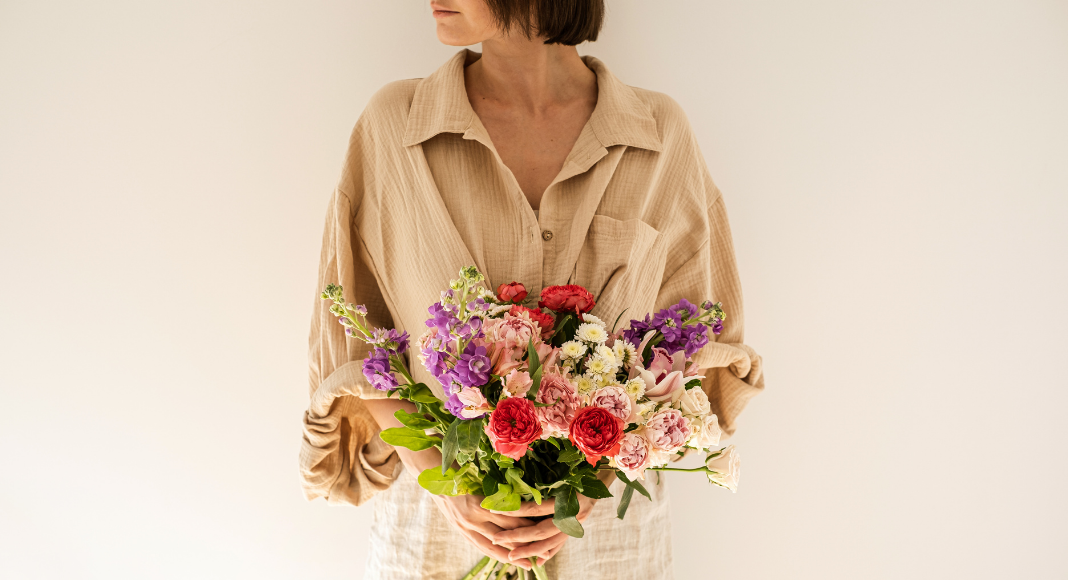 I remember exactly where I was the first time someone called me ma’am. It was a beautiful, late spring evening in 2010. I had just turned 29 years old and was standing at the corner of Mass Ave and Park in downtown Indianapolis waiting to meet a friend for a night out on the town. A teenager on a bike needed to squeeze by and, in doing so, said, “Excuse me, ma’am!” I immediately froze as my stomach filled with a mixture of sadness and rage. How dare he call me ma’am! Wait, was I really old enough to be a ma’am?
I remember exactly where I was the first time someone called me ma’am. It was a beautiful, late spring evening in 2010. I had just turned 29 years old and was standing at the corner of Mass Ave and Park in downtown Indianapolis waiting to meet a friend for a night out on the town. A teenager on a bike needed to squeeze by and, in doing so, said, “Excuse me, ma’am!” I immediately froze as my stomach filled with a mixture of sadness and rage. How dare he call me ma’am! Wait, was I really old enough to be a ma’am?
What has me reminiscing about that fateful night is recently listening to the audiobook, You’ll Grow Out of It by Emmy-award-winning comedy writer Jessi Klein. (Side note: I highly recommend the book. It’s NSFW or kids, but I could relate to so many of her predicaments and often found myself full-on guffawing alone in my car.) In a collection of personal essays, Jessi explores what it means to be a woman in the 21st century, including the transition from miss to ma’am. Jessi argues that being called ma’am is offensive because it is a stranger’s way to covertly communicate how old they think you are. Jessi also voices her frustration with the fact that men are called sir from the start and stay a sir through old age. Sir, she claims, is a cool and powerful descriptor associated with knights and Paul McCartney. She goes on to say, “Men don’t have to deal with the fact that at some point in their life, they will find themselves tossed into a linguistic system that will let them know, in no uncertain terms, that in the eyes of the world, essentially, they’ve begun to die.”
My 29-year-old self standing on that street corner would have agreed with Jessi. Back then, I equated a miss with being young and fresh, while a ma’am was old and rough. I didn’t want to be a ma’am. Ma’ams were for grandmas with butterscotch candies in their purses and curmudgeonly school teachers who wore their hair in tight buns. Being called ma’am was offensive.
But 40-year-old Brynna? She says Bring. Ma’am. On.
Now, hear me out, ladies. I get that society has made aging a sensitive subject, particularly for women. But, as my father would say, growing older is better than the alternative. (Death. He means death.) But I’d take that even a step further. Growing older also means continuous opportunities to try new things, fail, start over and try again. Growing older means encountering people, circumstances, and events that change who you are and how you view the world. With age and experience (usually) come understanding, empathy, and the ability to see the nuance in this one crazy life we’re lucky to live. A self-confidence in who you are and what you value. A deeper wisdom that you don’t and really can’t possess when you’re a 20-something miss.
Looking back at all I’ve experienced since my early 20s, I’ve realized that I am absolutely comfortable with the title ma’am. Since then, I have graduated from college and law school; survived a tumultuous ending to an 8-year relationship; moved to a city by myself where I knew almost no one; made a complete career change; bought and sold three houses; lost five grandparents and several friends; met and married my husband; developed new friendships and ended others; completed countless 5Ks, over ten half marathons, and a triathlon; received three promotions at work; battled Stage 2 breast cancer and the resulting infertility; traveled the country and the world; got pregnant and gave birth to our miracle baby; survived (so far) new motherhood through a global pandemic; found and dedicated time to a local charity I’m passionate about; and so many other big and little moments in between.
Thinking of all I’ve lost and gained, what I’ve celebrated and grieved, how I’ve learned and grown … I want to be called ma’am. No, I deserve to be called ma’am.
So, my fellow women, who is with me? Let’s reclaim and reframe the word ma’am from a pejorative descriptor that makes us embarrassed about our age to a title to be honored, envied, and worn with pride. Ma’am isn’t about age. It’s about experience. Being called ma’am shows us the respect we’ve earned and rightfully deserve.








